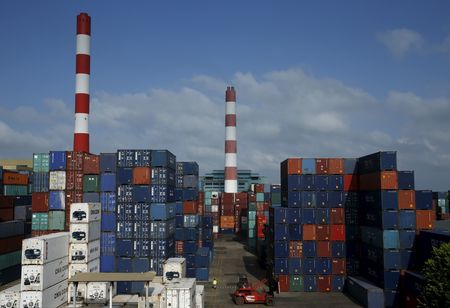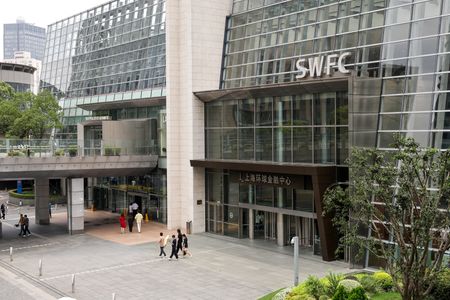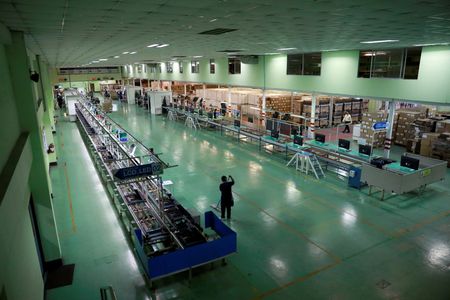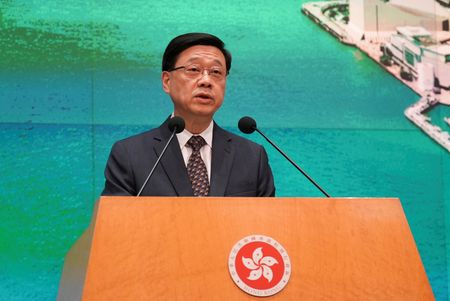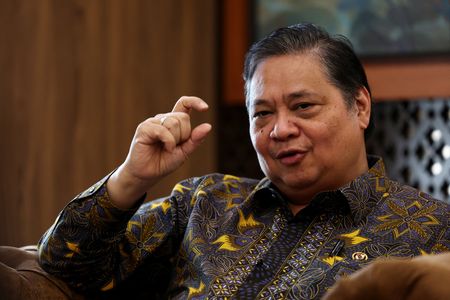SINGAPORE (Reuters) – Singapore’s non-oil domestic exports fell 11.3% in August from the same month a year earlier, government data showed on Wednesday, weaker than analysts’ estimates as exports of both electronics and non-electronics fell.
The fall compared with a Reuters poll forecast for an annual rise of 1.0%, and followed a revised fall of 4.7% in July.
On a month-on-month seasonally adjusted basis, exports fell 8.9%, also weaker than the median poll forecast of a 0.4% rise.
Barclays economist Brian Tan calculated that core exports were down by 4% in August in month-on-month seasonally adjusted terms, with electronics exports rising 8.3% from July.
“While the August slump in non-electronics exports may catch the eye of the MAS, it remains one data point in a year when the NODX data has been quite volatile, with many seeming declines turning out to be one-offs,” he said.
The Monetary Authority of Singapore will hold its next quarterly review of policy in October.
Enterprise Singapore said non-oil exports to Indonesia, the U.S. and China declined in annual terms in August, while shipments to the European Union, Taiwan and South Korea increased.
Despite having a free-trade agreement and running a trade deficit with the U.S., Singapore has been slapped with a 10% tariff rate by Washington. Singapore’s exports to the United States dropped by an annual 28.8% in August, following a 42.8% fall in July.
While the city-state’s economy performed better than expected in the first half of 2025 due to front-loading to beat the U.S. tariffs, authorities have warned of a second-half slowdown. Enterprise Singapore has forecast non-oil exports growth of 1% to 3% this year.
Trade minister Gan Kim Yong last week told a business conference that U.S. tariffs on Singapore’s trading partners, most of which are set at higher rates, would also affect the city-state.
“Our exports to other countries, which will be made into products to ship to the U.S., they will be facing higher tariffs, and in turn I think the demand will slow down and our exports to these countries will slow down,” he said.
(Reporting by Jun Yuan Yong; Editing by John Mair)

